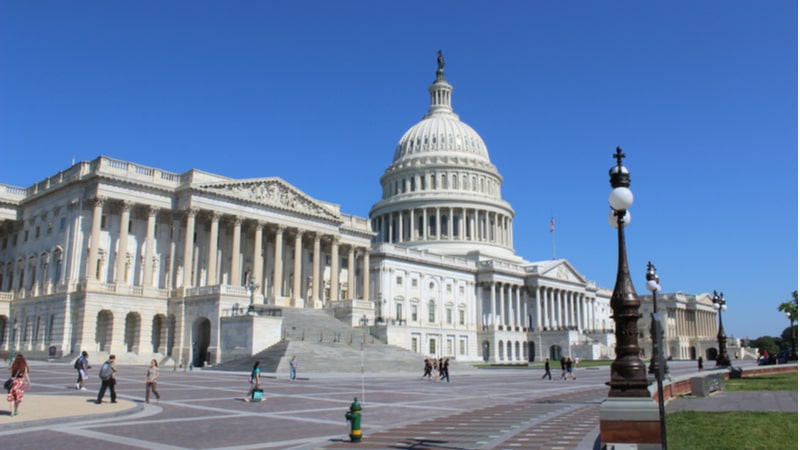
Sens. Ted Cruz, R-Texas, and Maria Cantwell, D-Wash., have reached a bipartisan agreement on legislation to advance a sweeping aviation safety bill aimed at closing a longstanding military aircraft surveillance loophole.
The agreement, announced Friday, will allow the Rotorcraft Operations Transparency and Oversight Reform (ROTOR) Act to move forward in the Senate Commerce Committee on Tuesday.
If passed, the bill would eliminate a loophole that allowed most military aircraft to operate without Automatic Dependent Surveillance–Broadcast (ADS-B) Out transmitting – a system that provides more precise aircraft location data than traditional radar.
The legislation mandates all aircraft be equipped not only with ADS-B Out, but also with ADS-B In, which improves pilots’ ability to visualize nearby aircraft and prevent runway and midair collisions. It also bolsters federal oversight of mixed-use air traffic near commercial airports.
The ROTOR Act stems from ongoing efforts to address the failures exposed by the January 29 midair collision near Ronald Reagan Washington National Airport (DCA) between American Airlines Flight 5342 and a U.S. Army Black Hawk helicopter – a crash that killed 67 people and highlighted serious lapses in coordination between military aviation and civilian air traffic control.
In July, Cruz introduced the initial version of the ROTOR Act as the first legislative response to the tragedy. The bill aimed to close surveillance loopholes, enhance pilot situational awareness, and strengthen oversight of military and civilian airspace operations.
Later that same month, Cantwell introduced the Safe Operation of Shared Airspace Act of 2025, which expanded on several Federal Aviation Administration (FAA) oversight provisions not originally included in the ROTOR Act.
“What happened at DCA on January 29th was a tragedy,” Cruz said in a statement. “We owe it to them and every traveling American to make sure another accident never happens again.”
Cantwell emphasized the urgency of closing loopholes that have allowed the FAA to delay ADS-B requirements for nearly two decades. “This agreement closes DOD loopholes immediately and mandates ADS-B In for the first time,” she said.
Other provisions in the bill include requiring quarterly reports on ADS-B Out compliance, annual audits by the Department of Transportation’s inspector general, and a safety review of airspace surrounding Ronald Reagan Washington National Airport.
The legislation also calls for the creation of a dedicated FAA office to coordinate with the Pentagon, directs the FAA to develop an Airborne Collision Avoidance System Action Plan, and mandates updates to air traffic controller training and aircraft separation standards.
The bill also directs the Army Inspector General to audit military coordination with the FAA, pilot qualification standards, and compliance with ADS-B Out policy.
The ROTOR Act is expected to advance out of committee with bipartisan support this week.
